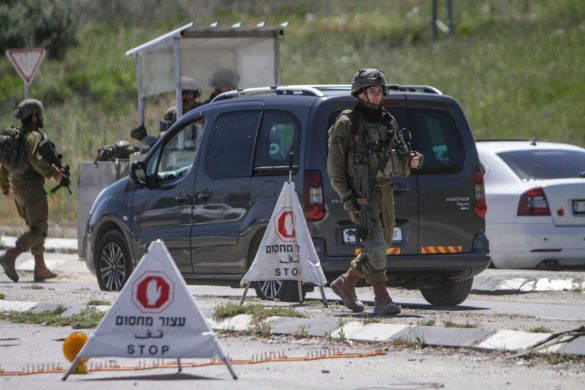Rusland og Kina nedlagde tirsdag nat veto mod et resolutionsudkast, der kraftigt fordømmer de syriske myndigheders grove krænkelser af menneskerettighederne og som opfordrer til en bred politisk proces, oplyser UN News Centre.
New York, 4 October 2011 – China and Russia today vetoed a draft resolution in the Security Council that had strongly condemned Syrian authorities for their violent crackdown against pro-democracy protesters this year and called for an immediate end to human rights abuses.
Nine of the Council’s 15 members voted in favour of the draft text, there were two vetoes, and four countries abstained.
A veto by any one of the Council’s five permanent members – China, France, Russia, the United Kingdom and the United States – means a resolution cannot be adopted.
The draft resolution had voiced deep concern over the recent violence in Syria and strongly condemned “the continued grave and systematic human rights violations and the use of force against civilians by the Syrian authorities.”
Urging “all sides to reject violence and extremism,” the text called for “an inclusive Syrian-led political process conducted in an environment free from violence, fear, intimidation and extremism, and aimed at effectively addressing the legitimate aspirations and concerns of Syria’s population.”
2,700 people have been killed
An estimated 2,700 people have been killed in Syria since mid-March when the protest movement began, part of a wider uprising across North Africa and the Middle East this year. Senior UN officials, including Secretary-General Ban Ki-moon, have repeatedly voiced concern about the situation.
Speaking after today’s vote, Russian Ambassador Vitaly Churkin said his country did not support the regime of Syrian President Bashar al-Assad but the draft resolution would not promote a peaceful resolution of the crisis.
He said the issue was not a question of wording, but “a conflict of political approaches” on how to end the crisis.
Mr. Churkin said the majority of Syrians wanted gradual political change, rather than quick regime change, and the text also did not adequately take into account the behaviour of extremist groups in opposition to Syrian authorities.
China: this will not resolve the situation
China’s Ambassador Li Baodong said that while his country was highly concerned about the violence in Syria, the text as it stood would only complicate existing tensions. He said the draft was overly focused on exerting pressure on Syria, and included the threat of sanctions, which would not resolve the situation.
France disappointed
Ambassador Gérard Araud of France expressed deep disappointment that the draft resolution had not been adopted, and said his country and other co-sponsors had made repeated attempts in recent days to alter the text to meet the concerns of other Council members. Mr. Araud said the opponents of the text were going against the spirit of the Arab Spring movement.
Syria: biased attempts of some Western countries
US Ambassador Susan Rice voiced outrage that the Council had not adopted the text and said those countries which had not supported it would have to answer to the Syrian people. She said it was a “ruse” to suggest that the resolution would lead to military intervention in Syria.
Also addressing the Council today, Ambassador Bashar Ja’afari of Syria said the draft resolution reflected the biased attempts of some Western countries to undermine his country’s authorities. He said the legitimate needs and aspirations of the Syrian people had been misused by some domestic groups, with the support of foreign elements, to provoke external intervention.
Countries voting in favour of the resolution
The countries voting in favour of the resolution were Bosnia and Herzegovina, Colombia, France, Gabon, Germany, Nigeria, Portugal, the United Kingdom and the US. The countries abstaining were Brazil, India, Lebanon and South Africa. The draft resolution had been co-sponsored by France, Germany, Portugal and the UK.














